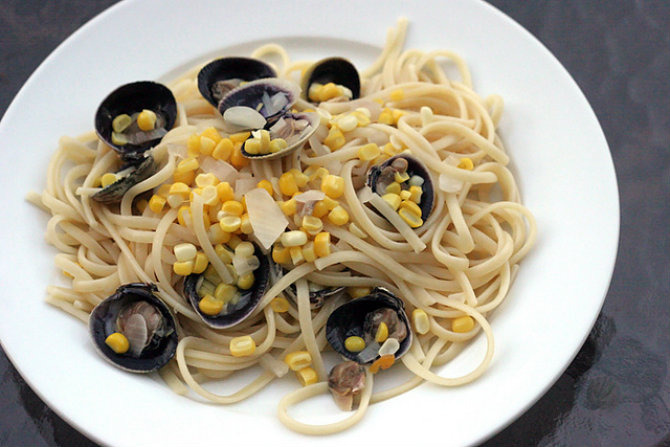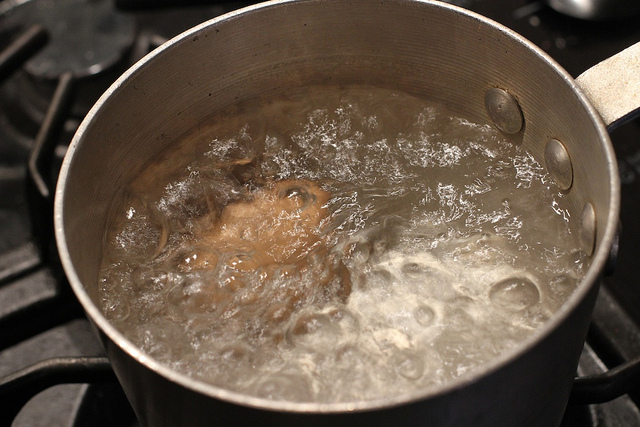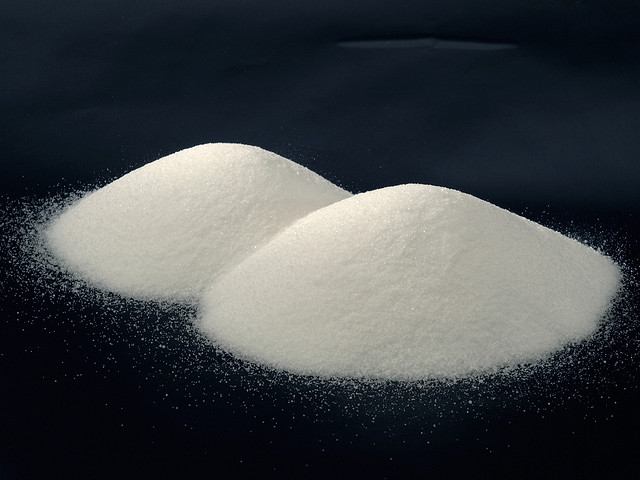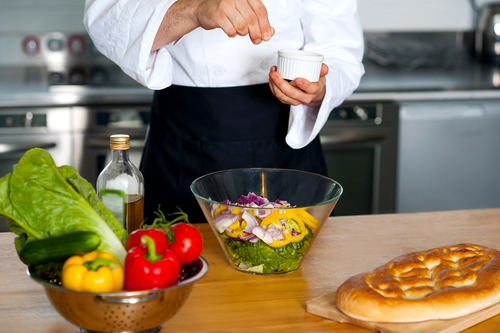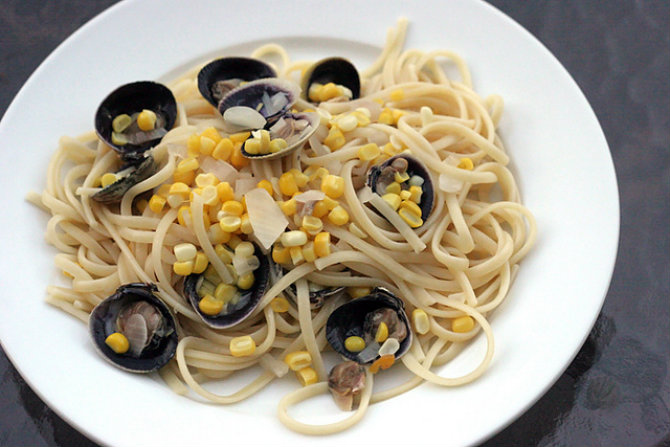5 Reasons We Wish Olive Garden Would Salt Their Pasta Water
Salting your pasta water doesn't have to mean ruining your stainless steel pots. If you salt your pasta water after it comes to a boil, there isn't enough oxygen for the salt to react with the steel and damage the surface of your pots.
(Credit: Flickr/cooks&kitchens)
Water is an ingredient too (one that's going to add flavor your pasta), so why wouldn't you want it to taste good? If you salt your water until it tastes delicious, your meal will be off to a great start!
(Credit: Flickr/michelle@TNS)
And, since salting the pasta water flavors the pasta itself (and most of the pasta water gets dumped off), you likely won't need as much salt in your other ingredients.
(Credit: Flickr/Dubravko Sorić)
As an added bonus, some research suggests that salt in your diet (in the right quantity) can be good for you.
(Credit: Shutterstock)
Adding freshly-grated Parmigiano-Reggiano to a dish adds flavor and saltiness. Since salt is far cheaper than cheese, it seems practical that you would salt your pasta water and use less cheese.
(Credit: Flickr/Maggie Hoffman)
Kristie Collado is The Daily Meal's Cook Editor. Follow her on Twitter @KColladoCook.
